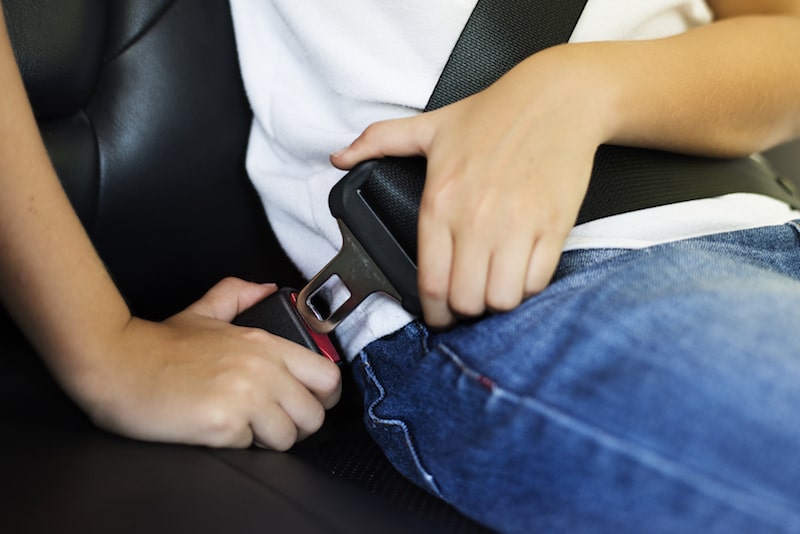If you’ve been injured in a car accident, one of the first things you’re probably worried about is how you’re going to pay medical costs. You are afraid of making any mistakes when it comes to your insurance and finding out later that you’re on the hook for a big bill. It’s extra confusing because when it comes to car accidents, you’re dealing with multiple insurance companies. Your own car insurance, possibly another driver’s insurance, and maybe your own health insurance? It’s hard to tell how everything fits together.
Who’s Responsible For What?
There are a lot of factors that go into determining who—which party, and which company—will be footing the bill. Deductibles and co-pays matter, as does fault in the car accident (at least, in some states). The types of car insurance that both drivers have also can come into play.
First, take a moment to calm down. Ultimately, it’s very likely that your health insurance will cover any medical bills that aren’t otherwise covered. However, if they can hold another entity responsible, they certainly will, so that they are able to recoup some of their losses.
Bills, Deductibles, And Co-Pays
While the situation may be confusing and upsetting for the person coping with the injuries, there are actually fairly straightforward processes in place, as far as determining who pays for what. First, it will be co-pays and deductibles for your health insurance. That’s because usually if you are hurt in a car accident, you’ll follow the usual procedure as if you had any other illness or injury.
It’s important not to allow the initial bills to stress you out too much. In many cases, the hospital will provide emergency care first and concern itself with processing insurance and payment later, so you will very likely receive a large bill in the mail a few weeks after the initial emergency room visit. At this point, you’ll provide the hospital with your regular health insurance information.
Does That Mean My Health Insurance Pays Everything?
No, it doesn’t. Typically, auto insurance companies will pay first. In most areas, drivers are required to carry a certain amount of liability insurance, and the at-fault driver’s liability coverage will pay (at least up to their limit) first. That doesn’t mean you have to contact them. All you have to do is provide your health insurance company with information about the accident. They’ll recoup from the other driver’s insurance first.
What About Costs Over The Other Driver’s Liability Limits?
Once the at-fault driver’s liability coverage is exhausted, your health insurance will generally cover your treatment.
Additional Expenses
If you weren’t at fault, and you were seriously injured, you may have other expenses to worry about, like out of pocket expenses (deductibles), lost work, and so forth. You should carefully track all of your expenses from the accident and have an attorney look over your losses. You can often recoup more than just the cost of medical bills from the other driver and/or their insurance company if you can prove that you were financially impacted by the accident in other ways.
You may not even have to go to court; many car insurance companies will want to settle for a reasonable amount before even going to court—it’s just important to have an attorney to approach them in the appropriate manner. Also, even if they do not settle out of court, personal injury attorneys generally do not charge you upfront; instead, they only take a cut if you win, and they take a portion of the settlement.

